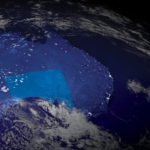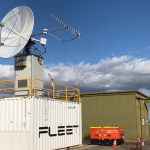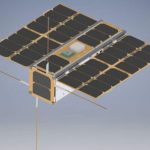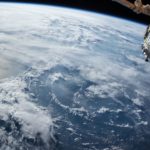Federal Government Announces Space Agency

After years of lobbying from the nation’s scientists and space industry advocates, the Australian Government has announced the establishment of a National Space Agency.
The announcement coincides with the staging of the International Astronautical Congress in Adelaide where the government and opposition will lay out details of their plans. Space technology start-ups and medium sized firms are expected to welcome the move in signalling government commitment to this fast growing sector.
The Agency could further international collaboration with NASA, the European Space Agency and commercial space companies such as SpaceX and Blue Origin as well as coordinate government spending and science based activities. However the Agency is expected to concentrate on commercial activities to allow Australia to reap full advantage of a global market worth US$329 billion.
Australia spends AU$4 billion on space related products and services and the sector employs 11,500 people but until today’s announcement remained the only OECD country without a dedicated Space Agency to co-ordinate activities and cement international links. Echoing the arguments put forward by the GAP Taskforce, the Government will encourage the Agency to concentrate on facilitating private companies and satellites to drive commercial opportunities in informational technology and communications.
The Hon Michaelia Cash, the Acting Minister for Industry, Innovation and Science, announced the move after a review of Australia’s Space Industry Capability in August drew over 180 submissions. She revealed that roundtables with over 400 key stakeholders had revealed overwhelming support for its creation after years of neglect from both parties. A Space Industry Taskforce organised by Global Access Partners also advocated the creation of a commercially focused agency in its own report submitted to the Government in August this year.
Senator Cash accepted that “The global space industry is growing rapidly and it’s crucial that Australia is part of this growth.” She argued that “A national space agency will ensure we have a strategic long-term plan that supports the development and application of space technologies and grows our domestic space industry” and positioned the Agency as “the anchor for our domestic coordination and the front door for our international engagement.”
Although no announcement on a location has been made, South Australia has emerged as a likely contender. The South Australian and ACT governments signed a collaborative agreement in August 2017 to set up their own agency in the absence of Federal action, with an operational centre envisioned for South Australia and a headquarters in the ACT. The South Australian government has now offered this operational centre as a site for the national agency. State Premier Jay Weatherill observed that 60 firms in the state operate in the sector and argued the state’s ability to construct the Navy’s new submarine fleet proved its credentials in high tech manufacturing.








